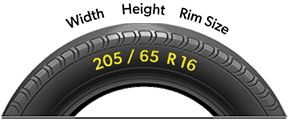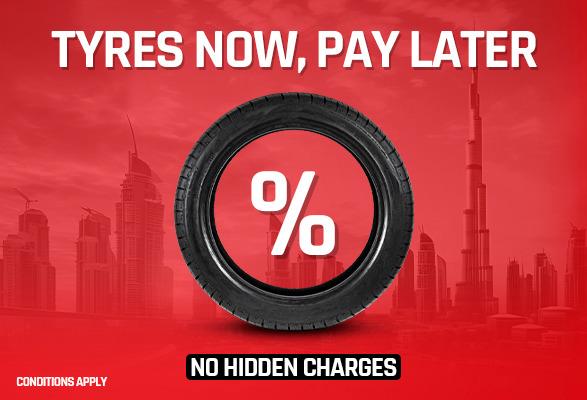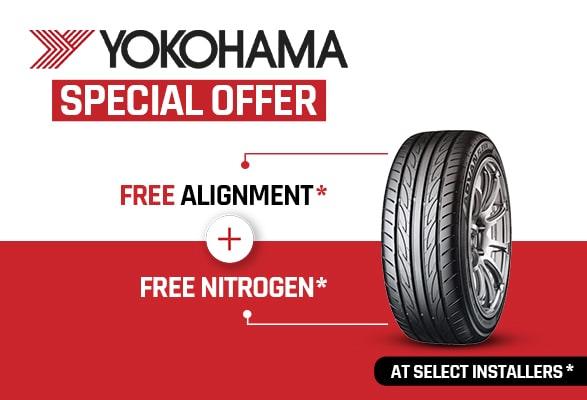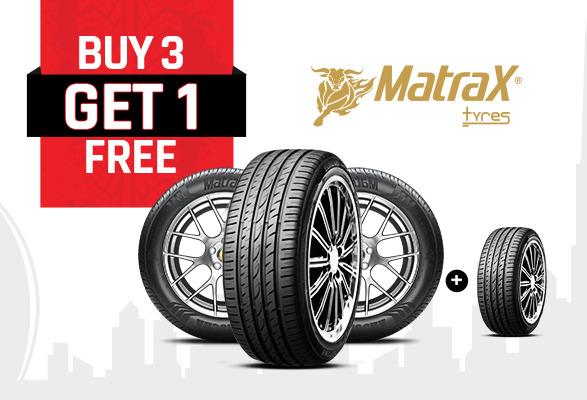Autonomous Tires & Self Driving Cars
Car manufacturers worldwide are working on developing fully autonomous vehicles. In other words, they are competing with each other to produce fully driverless cars that require no human intervention at all. Many countries are already flirting with the idea of robotaxis – self-driving taxis. But with fully autonomous cars becoming a reality, they also require compatible tires. After all, autonomous vehicles will not have drivers who can change the tires after a blowout or complete air pressure loss. Therefore, they deserve tires that are self-sustaining. In other words, they require smart, autonomous tires. Leading the way in this technology is Continental. Before we discuss that, let's review the benefits of self-driving cars.
Advantages of Self-driving Cars
The primary benefit of driverless cars is that they will reduce the number of accidents. Whether in the UAE or any country, humans are the top contributors to accidents. Hence, automation will reduce accidents. Reduced accidents will lead to a drop in injuries. In turn, this will reduce a hospital’s workload and help people save money. Research indicates that they will also reduce travel time, decrease lane congestion, and increase fuel efficiency.
Now, let’s get back to Continental.
Continental C.A.R.E™
There is already technology that helps monitor a tire’s status. For instance, the tire pressure monitoring system (TPMS) is a smart technology that allows drivers to monitor their tire’s air pressure. But Continental’s C.A.R.E™ goes one step further. Under this technology, tires will be able to repair themselves too. The tires have sensors built into the tread that transmit vital information related to the tire. For instance, it will mention the tire pressure and its temperature. It will also warn of possible tire damage.
But that is not everything. Continental fits the tires with air pumps that can repressurize the tires when required. Overall, research indicates that smart, autonomous tires provide the following benefits:
- Reduce Operating Costs
- Require Less Maintenance
- Improve Road Safety
- Prevent Accidents
- Improve Tire Durability
- Less Rolling Resistance
- Help Fight Climate Change
Self-Sustaining Tires – Myth or Reality?
You might think that the above tires are still a long way from becoming a reality. However, that is not the case. Many tire manufacturers are already testing such tires on robotaxis and other vehicles. So, when fully autonomous vehicles become a reality, rest assured, they will have compatible autonomous tires. Apart from Continental, other tire manufacturers offer somewhat similar technology. For instance, Michelin's Self-seal Technology fixes a flat tire on its own. Instead of using sensors or other high-end technology, it merely adds a permanent sealant to the inside of the tire. Goodyear offers the ReCharge tire, which provides similar features.









































Wrap Up
This concludes our article. If you have any questions, feel free to ask. Remember, despite being fully autonomous tires; they will require human intervention, although not as much. For instance, when a tire is damaged beyond repair, it will need a human to replace it. Similarly, when there's a nail or any other debris launched into the tire, a tire expert will be required to remove it. Autonomous tires reduce the human element, not replace them altogether.